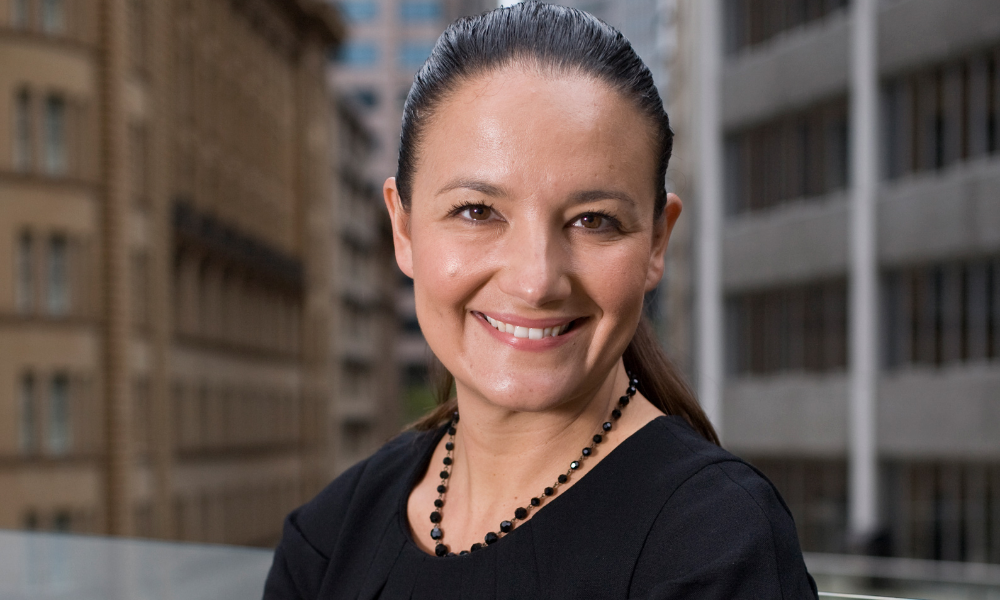
Recent surveys look at trends in turnover, recruitment

Australians are becoming more loyal but not because they are in love with their company, simply because the economy is getting tighter, and they are seeking job security.
A recent survey conducted by Frontline Recruitment Group of more than 2,700 employees across Australia and New Zealand revealed that 88% of workers who have decided to stay in their current position are doing so because of job sanctuary.
This was closely followed by 81% of workers who are more likely to stay due to economic factors.
“Economic conditions have certainly played their part as the ‘delayed resignation’ in response to the increasing ‘burnout’ trend in Australian workplaces,” Sam DeGuara, founder of Mind the Gap, said.
The unemployment rate at 3.5% is the lowest it’s been for nearly 50 years, he says, and wage growth rate grew at the fastest annual pace in a decade in Q4 2022 with an overall annual growth rate at 3.3% and inflation rate currently dropping back to 7% in Q1 2023 after a 30-year high.
These are key economic indicators to consider, says DeGuara.
“Employees are faced with a conflict in values to weigh up job security and certainty of income to keep up with record high living costs versus psychological safety and having a respected voice in walking away from toxic workplaces in a very tight labour market.”
The research was conducted in partnership with leading Australian social research agency McCrindle. The survey revealed that just 19% of respondents have decided to leave their current role. And 43% have considered leaving but decided to stay while 38% have not considered leaving.
Younger workers are more open to changing roles. Almost three-quarters (72%) of Gen Z workers (aged 18 – 28 years) and 67% of Gen Y (aged 29 – 43 years) had considered leaving their role in the last 12 months.
Employers will still be looking to attract the best talent but realise that they too must be careful with budgets and speculative spending.
“As businesses continue to scramble for talent, employers should continue to invest in a culture of flexibility and balance if they want to attract and retain employees,” Angela Anasis, Executive General Manager at Randstad ANZ, said.
“Ultimately, the businesses which support their employees throughout the tougher economic conditions with continued and even enhanced perks will reap the rewards in retention when times are easier.”
Randstad’s Workmonitor 2023 report revealed that nearly two-fifths (39.2%) of Australian workers are worried about the impact of economic uncertainty on their job security, with one in four even concerned they may lose their job, she said.
“This is likely to be contributing to loyalty amongst the employee base, with the data showing three in five Australian workers (59.6%) feel committed to their employers and are likely to stay with them at this time.”
According to a recent survey, 54% of Australian employers reported difficulties in filling job vacancies, and many are turning to alternative recruitment methods such as employee referrals and social media to attract candidates, DeGuara said.
“The rise of remote work and virtual recruitment has also led to a shift away from traditional job advertising methods such as print media and job boards.
“However, there are concerns that this shift towards alternative recruitment methods may limit diversity and perpetuate existing unconscious biases in the hiring process. Employers must therefore be mindful of the potential drawbacks and strive for a balanced approach to recruitment, using a variety of strategies to attract a diverse and talented pool of candidates.”